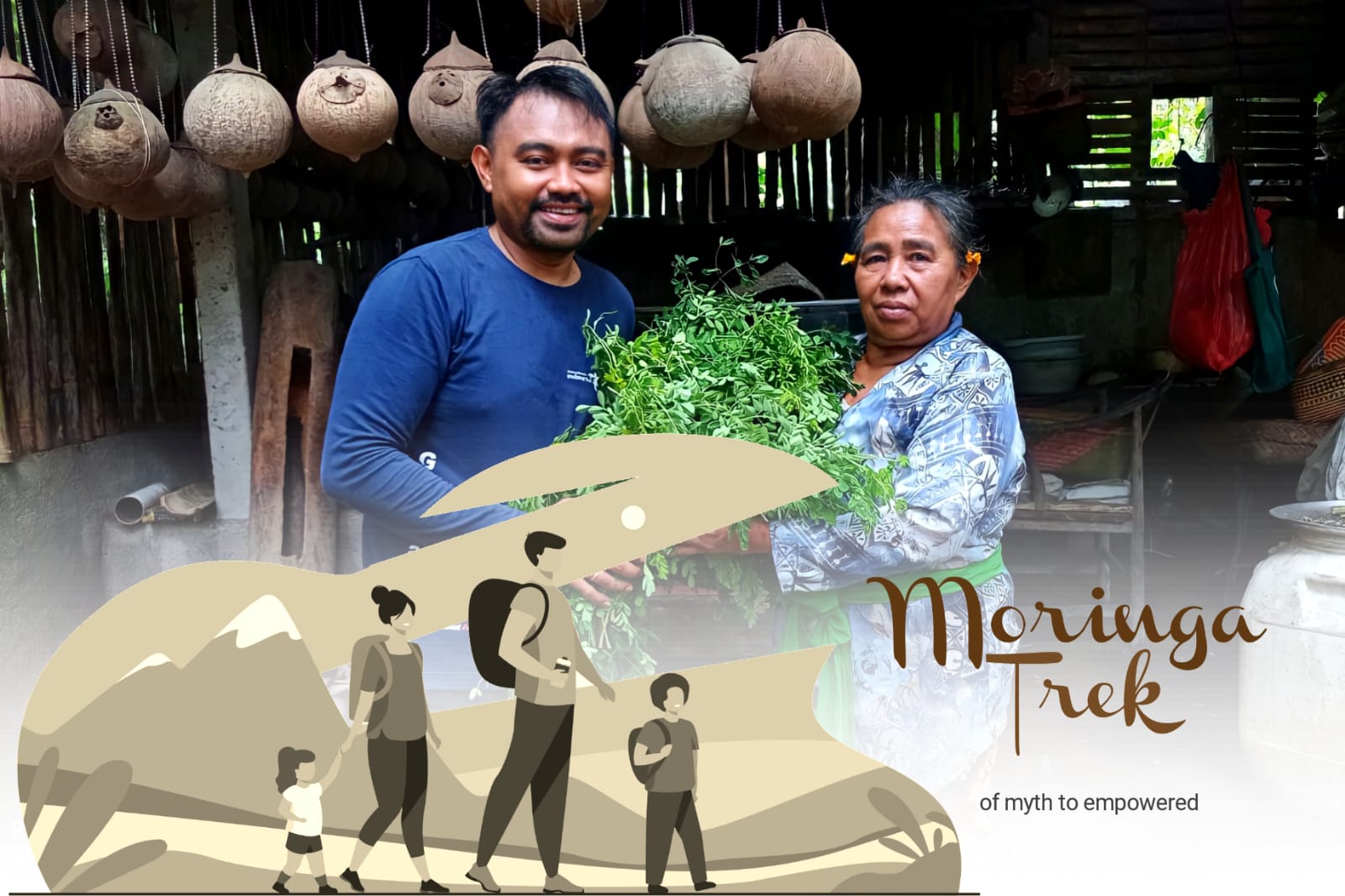Wayan Wardika, Bali – The pandemic has set back nearly every aspect of the community’s economy. We have all been affected, and even the global economy seems to have slowed down. Thankfully, those of us in rural areas still have more flexibility in facing the impact of Covid-19 due to our natural and abundant environment, as well as the availability of ample farmland.
However, most of these lands have extensively utilized synthetic fertilizers over the years, which, in the long run, is detrimental to our planet. Therefore, the Rekat Foundation (Community Education House) is working to educate and raise awareness about the balanced impact of excessive synthetic material use on the environment and health. The Rekat Foundation has engaged around 17 farmers in Taro village to gradually implement organic farming principles in both paddy fields and dry lands.
This year, organic rice cultivation has been introduced to farmer groups (Subak) through educational campaigns. Additionally, sustainable Integrated Farming has been implemented in dry farmlands through intercropping programs. The Rekat Foundation collaborates with landowners who are part of the organic farmer group to maximize their agricultural lands through intercropping. Approximately 14,000 porang seedlings have been planted alongside vanilla, providing shade with gamal and moringa. Farmers are also encouraged to plant more moringa trees in their fields, gardens, and homeyards. By building an adequate supply of raw materials, the moringa harvest can be further processed to meet market demands, both domestically and internationally. This production process involves a wide range of community members, from the elderly to millennials and people with disabilities.
The ecosystem is further supported by a goat farm initiated by the Rekat Foundation in Taro village, ensuring a sufficient supply of organic compost. With the establishment of the Beyond Moringa Indonesia Association, the ecosystem being developed in Taro village will undoubtedly support the acceleration of achieving the program’s goal to realize ecological and economic balance within the community, closely aligned with the spirit of Tri Hita Karana in Bali.


